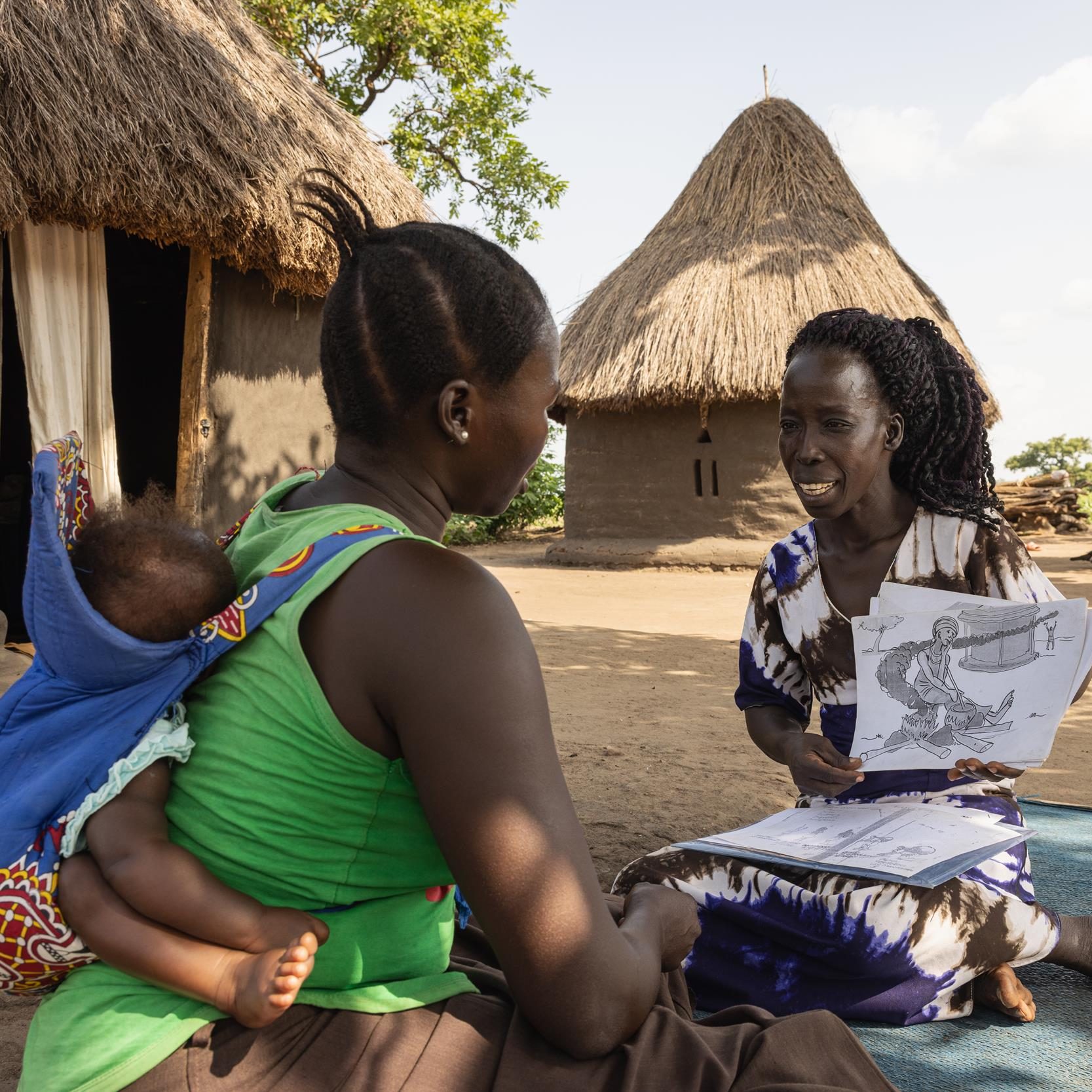Coaching is a key ingredient in unlocking the full potential of economic inclusion programs by guiding individuals through their journey to sustainable livelihoods. However, there is no one-size-fits-all approach to designing and delivering coaching.
Coaching interventions in economic inclusion programs around the world vary in terms of content, depth and type of support, frequency, caseload, staffing, and tools. Each of these design elements influences the implementation, scalability, sustainability, and overall effectiveness of these programs.
On this topic, Rita Larok AVSI focal point for the Graduation Approach and PEI Advisory member, moderated the online event "Unpacking the X-Factor: Coaching Modalities in Economic Inclusion Programs" promoted by the Partnership for Economic Inclusion (PEI)
150 Participants connected from all over the world, with a representation from non-profit organizations, professionals of the World Bank and other multilateral organizations, the academia and the private sector.
The event was launched in conjunction with a PEI In Practice publication on the same topic available for download here "Coaching in Economic Inclusion: Learning from Existing Models and Casting a Way Forward"
About PEI
The Partnership for Economic Inclusion (PEI) is a global partnership with a mission to support the adoption of national economic inclusion programs that increase the earnings and assets of extremely poor and vulnerable households. PEI brings together global stakeholders to catalyze country-level innovation, advance innovation and learning, and share global knowledge. PEI is hosted by the Social Protection and Jobs Global Practice of the World Bank.





